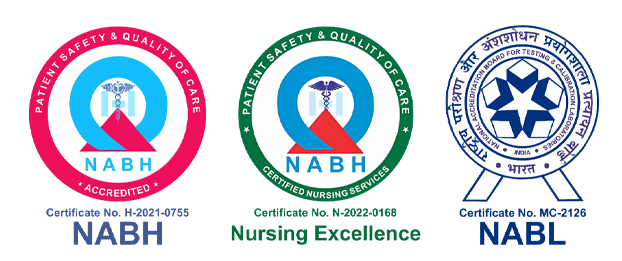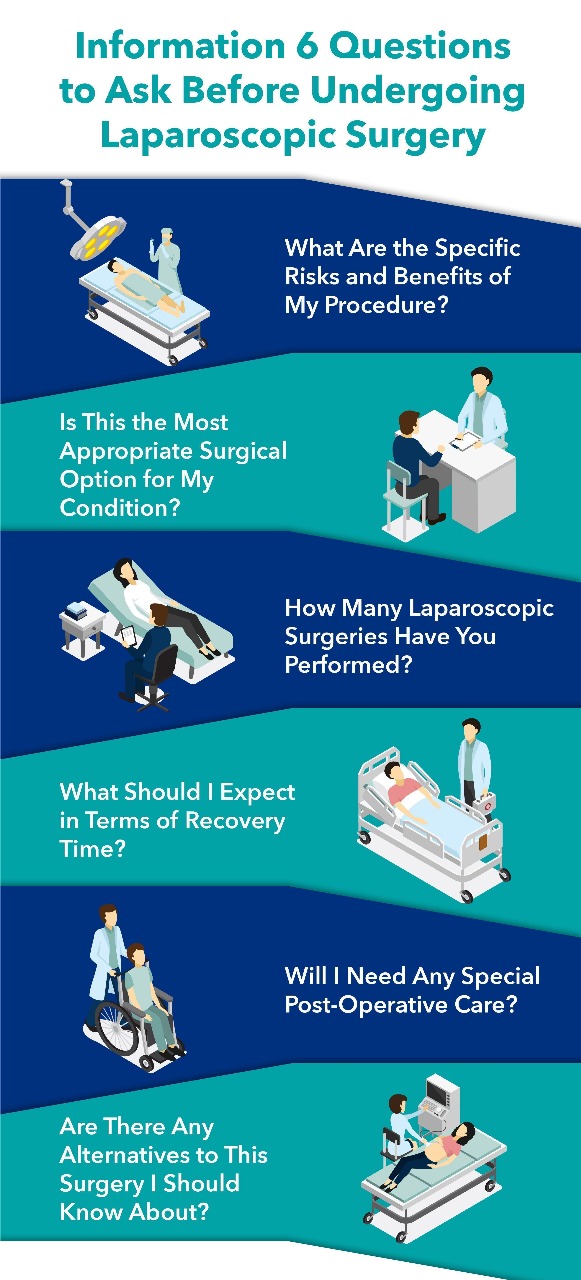
Blog Details

When to See a Gynaecologist: Essential Health Checkups Every Woman Should Know
Most women put off that gynaecological appointment, this could be due to awkwardness, or maybe life just gets in the way. Work deadlines pile up, kids need attention, and suddenly months have passed. It's easy to tell yourself you feel fine, so why bother? But waiting too long means you might miss those early signs that something's wrong. The reality is stark. These conditions don't announce themselves with obvious pain or dramatic symptoms at first. This isn't meant to scare you, but they highlight why regular gynaecologist checkups matter more than you might think.
Life gets busy, but skipping checkups can mean missing early signs of serious issues. From irregular bleeding, pelvic pain, or unusual discharge to fertility concerns, these red flags need timely attention. Early visits (starting 13–15 years) focus on guidance, not invasive exams, and build trust. Regular checkups catch problems when they’re small and treatable, saving you from bigger health risks later.
Your First Visit Should Happen Earlier Than You Think
The American College of Obstetricians and Gynaecologists recommends that women start seeing a gynaecologist in Ranchi or anywhere else, between the ages of 13 and 15 years. This surprises many parents, but early visits focus on education rather than invasive exams. Young women need guidance about menstrual health, contraception, and recognising normal versus concerning symptoms. Starting these conversations early builds comfort and trust with healthcare providers.
Red Flag Symptoms That Demand Immediate Attention
Some symptoms just can't wait until your next appointment. You need to call your doctor right away.
Bleeding when you shouldn't be is the biggest red flag. Maybe you're spotting between periods, or there's blood after sex. Post-menopausal women especially need to pay attention to any bleeding. Most of the time, it's nothing serious, but sometimes it points to something like endometrial cancer that needs quick attention.
Severe pelvic pain that interferes with daily activities needs investigation. Ovarian cysts, endometriosis, or pelvic inflammatory disease could be the culprit.
Unusual discharge with strong odour, itching, or burning may indicate infections requiring treatment.
Changes in menstrual patterns - periods becoming much heavier, lighter, or irregular - warrant discussion with a specialist.
Fertility concerns also bring women to gynaecologists. If you've been trying to conceive for six months to a year without success, evaluation can identify treatable causes.
The Cost of Waiting
Putting off that appointment can really come back to bite you. What starts as something small and fixable turns into a much bigger problem. Take cervical issues - catch them early, and you might just need a quick procedure. Wait too long, and you could be looking at surgery, chemo, or radiation treatments. That's a huge difference in what you'll go through.
Same thing with infections. Skip treatment, and a simple infection can turn into pelvic inflammatory disease. Then you're dealing with fertility problems or pain that just won't go away. Nobody wants that. Endometriosis symptoms worsen over time when left unmanaged.
Making the Appointment Less Stressful
Many women avoid gynaecological visits due to embarrassment or fear. Remember that these doctors see dozens of patients weekly - nothing will shock or surprise them. Choose a provider you feel comfortable with. Don't hesitate to ask questions or request a female doctor if that makes you more at ease.
Schedule appointments for the week after your period ends when you're most comfortable. Bring a list of questions or concerns to discuss.
Your Health Depends on It
Look, gynaecological visits do more than just catch problems early. They help you stay on top of your health as you get older and your body changes. Think about it - there are questions you'd never ask your regular doctor. Maybe you're worried about painful sex, or you're not sure if your birth control is right for you. These are exactly the conversations gynaecologists have every day.
.webp)
.webp)






















.jpeg)

.jpg)


.webp)
.webp)



.webp)
.webp)